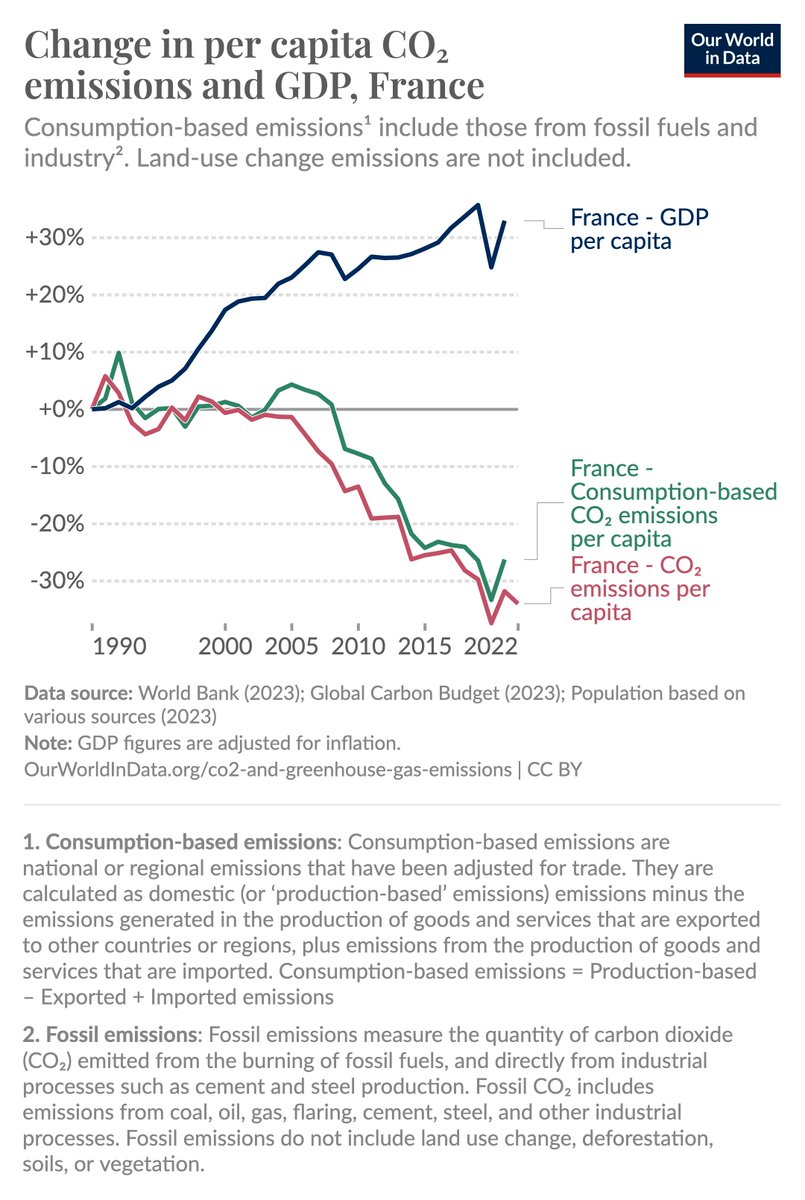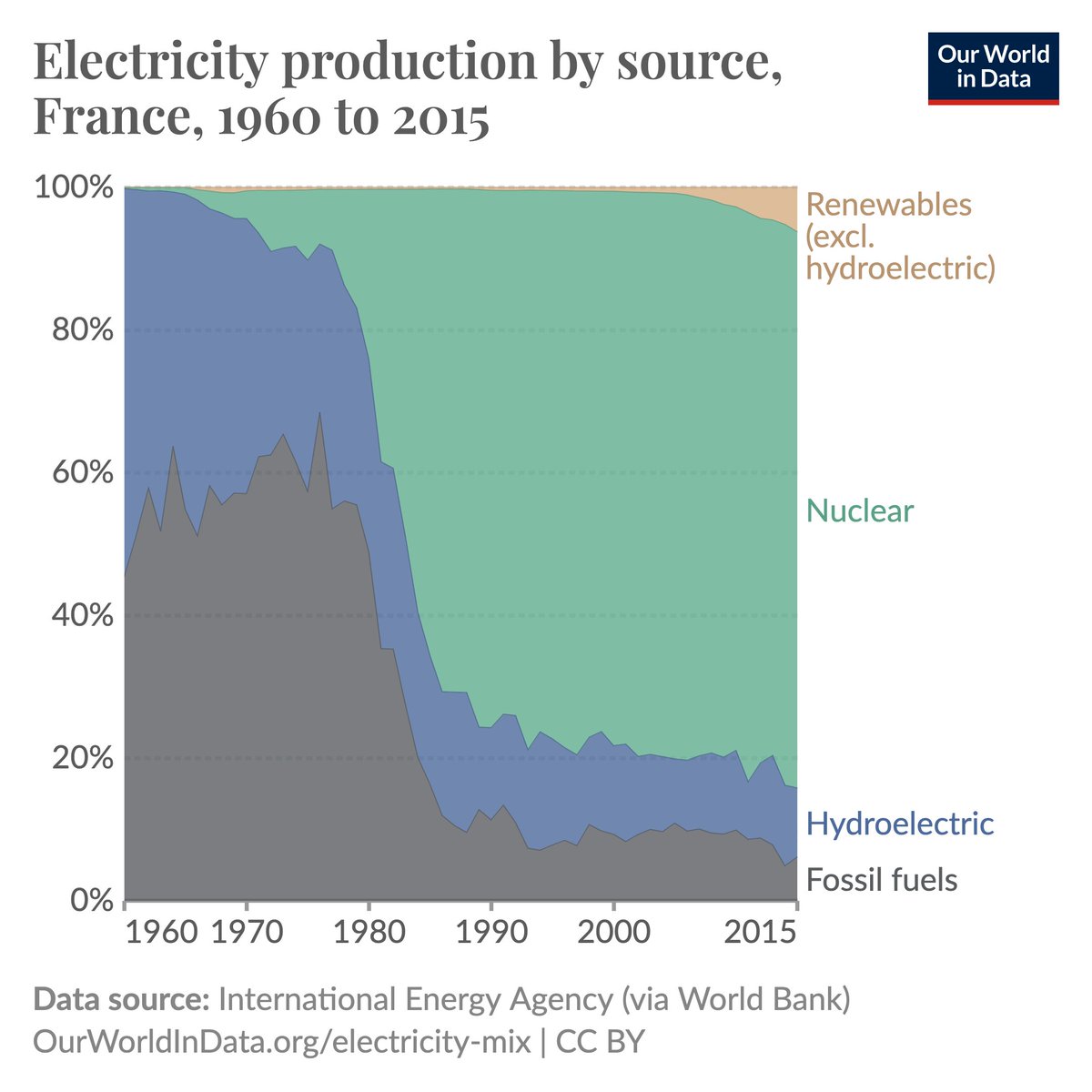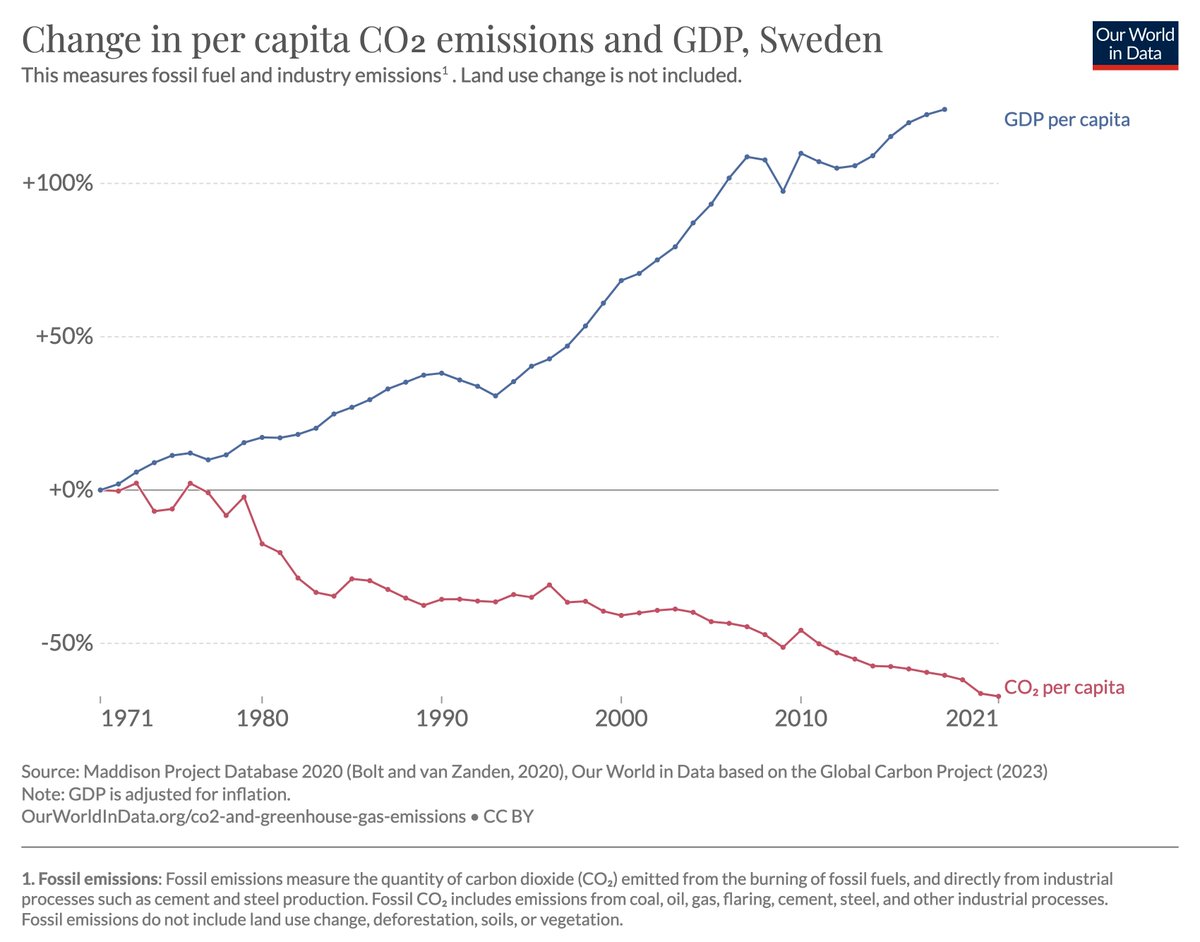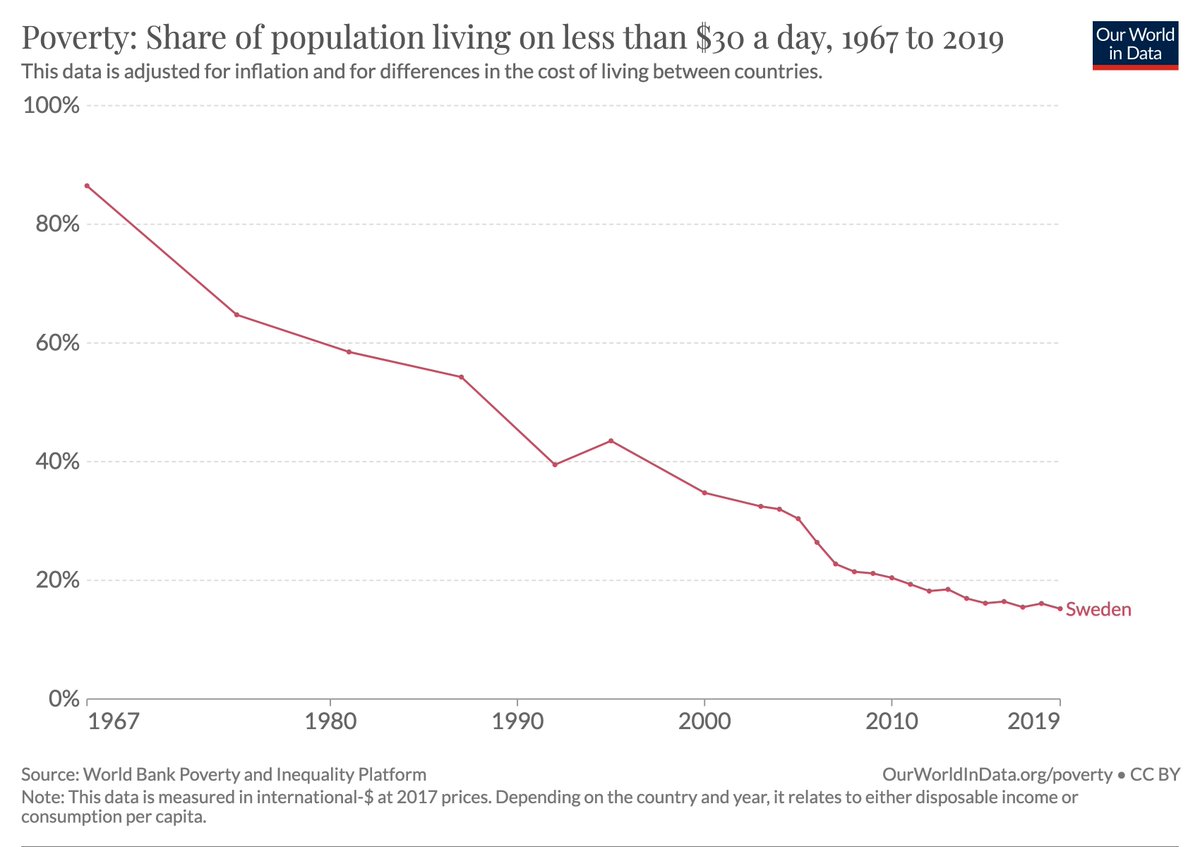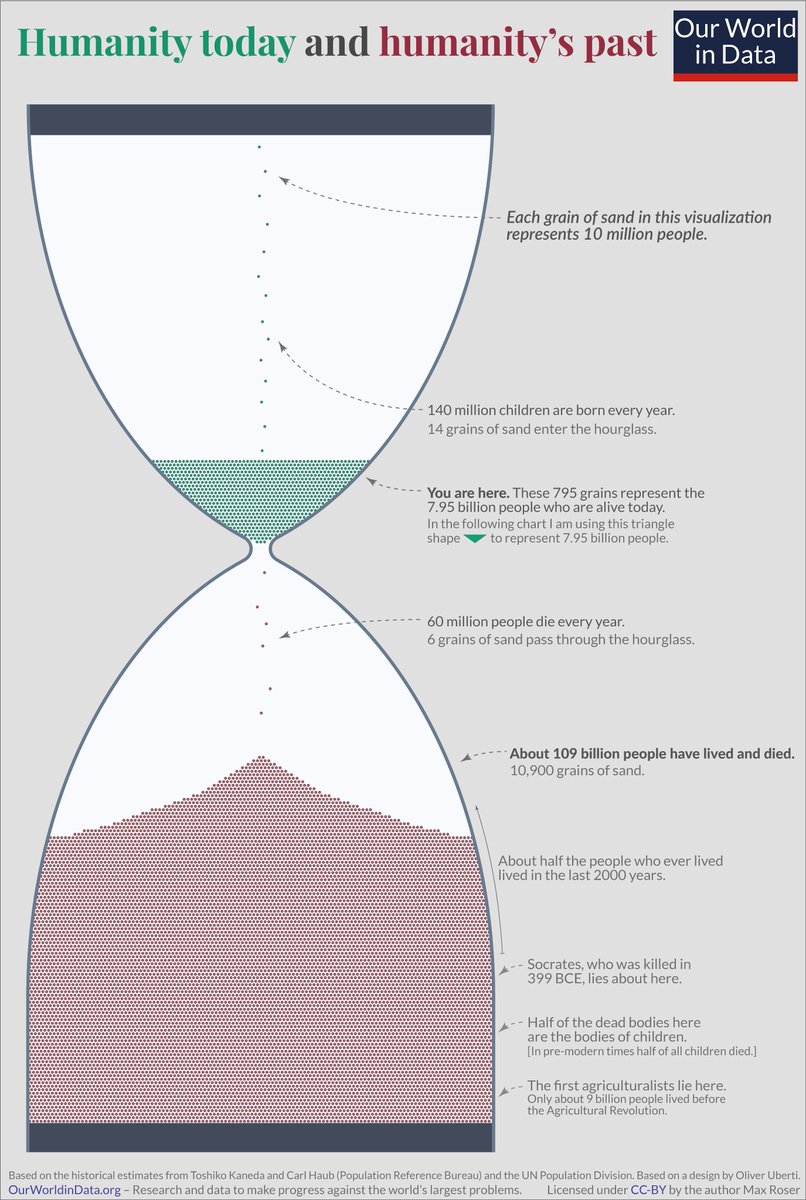new paper by Leigh Shaw‐Taylor in the Economic History Review:
An introduction to the history of infectious diseases, epidemics and the early phases of the long‐run decline in mortality
free-access: onlinelibrary.wiley.com/doi/full/10.11…
An introduction to the history of infectious diseases, epidemics and the early phases of the long‐run decline in mortality
free-access: onlinelibrary.wiley.com/doi/full/10.11…

From this paper. A survival curve for Londoners and people in the countryside for the 1730s.
Less than half of those born in London lived to see their fifth birthday, and 80 per cent failed to make it to 45.
Less than half of those born in London lived to see their fifth birthday, and 80 per cent failed to make it to 45.

This chart shows that mortality was so bad in London that deaths consistently exceeded births.
London was only able to sustain its population because of continuous immigration of healthier young adults from the British countryside.
London was only able to sustain its population because of continuous immigration of healthier young adults from the British countryside.

At these high urban mortality rates it was obviously impossible to achieve the high urbanization rates that we saw emerge over the 20th century.
The mortality revolution was a requirement for the urban revolution.
The mortality revolution was a requirement for the urban revolution.
The first pathogen successively defeated by human action in Europe was the plague.
According to the paper this was achieved by quarantine measures, systematic quarantine, cordons sanitaire and contact tracing ("first developed in the Renaissance”).
According to the paper this was achieved by quarantine measures, systematic quarantine, cordons sanitaire and contact tracing ("first developed in the Renaissance”).

Higher populations, urbanisation and increased local and global interconnections through trade led to many pathogens becoming permanently present, or endemic.
The consequence of this endemicization was fewer epidemics.
The consequence of this endemicization was fewer epidemics.

• • •
Missing some Tweet in this thread? You can try to
force a refresh



